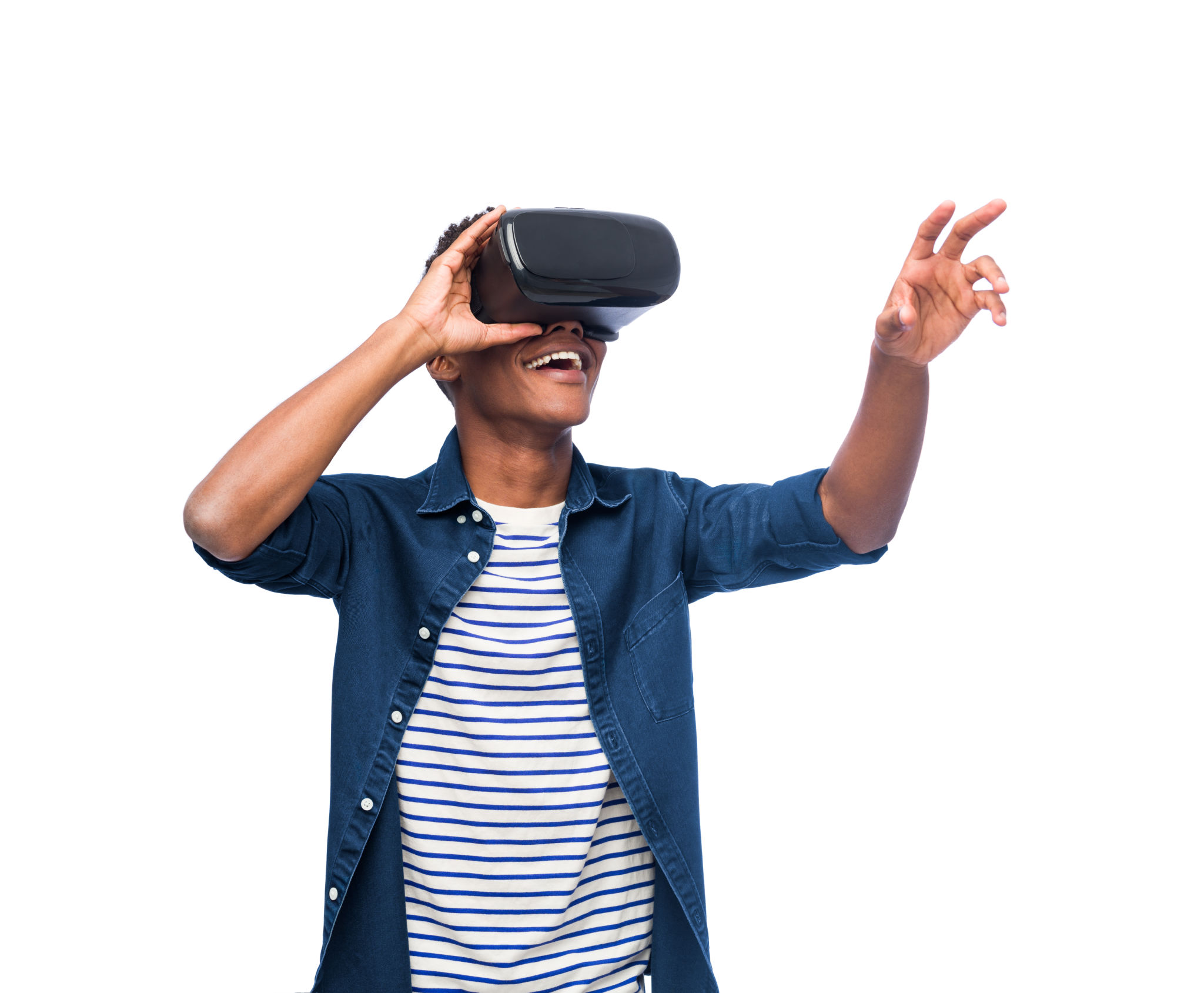Virtual Reality Classes: Bringing the Future to Kids in Upper Galilee
Revolutionizing Education in Upper Galilee
In the heart of Upper Galilee, a technological revolution is taking place that promises to transform the educational landscape for children. Virtual Reality (VR) classes are being introduced, offering an immersive learning experience that brings subjects to life in ways traditional methods cannot. This initiative is not only a leap into the future but also an exciting opportunity for students to engage with their studies on a whole new level.
VR technology allows students to explore environments and scenarios in a 3D space, providing a hands-on experience that enhances understanding and retention. The Upper Galilee region, known for its rich cultural and historical heritage, is now at the forefront of integrating cutting-edge educational tools.

The Benefits of Virtual Reality in Education
One of the most significant advantages of VR in education is its ability to create an engaging and interactive learning environment. Students can embark on virtual field trips, explore historical sites, or even travel through space—all from the comfort of their classroom. This level of interaction can foster a deeper understanding and appreciation of the subject matter.
Moreover, VR classes cater to various learning styles. Visual learners can benefit from the detailed graphics, while kinesthetic learners can interact with virtual objects. This adaptability ensures that each student can learn in a way that suits them best, making education more inclusive and effective.

Implementing VR in Upper Galilee Schools
The introduction of VR classes in Upper Galilee schools is a collaborative effort between educators, technology experts, and local authorities. The goal is to integrate VR seamlessly into the existing curriculum while training teachers to effectively use this technology. Initial pilot programs have shown promising results, with students displaying increased enthusiasm and improved academic performance.
To ensure the success of this initiative, several key steps are being taken:
- Providing ongoing professional development for teachers.
- Ensuring access to VR equipment and resources.
- Developing VR content tailored to the curriculum.

Challenges and Considerations
While the benefits are plentiful, implementing VR in education comes with its challenges. The cost of VR equipment and software can be high, which might limit access for some schools. Additionally, ensuring that content is age-appropriate and educationally relevant is crucial to maintaining the integrity of the curriculum.
There are also technical considerations, such as maintaining equipment and providing adequate technical support. Schools in Upper Galilee are addressing these challenges by seeking partnerships with tech companies and applying for grants to fund VR initiatives.
The Future of Learning
The introduction of virtual reality classes marks a significant step toward future-proofing education in Upper Galilee. As technology continues to evolve, so too will the capabilities of VR in classrooms. The potential for personalized learning experiences is vast, with possibilities extending beyond traditional subjects to include vocational training and skills development.
Ultimately, VR has the potential to democratize education by providing all students with access to high-quality learning experiences. As Upper Galilee embraces this shift, it sets a precedent for other regions to follow suit, paving the way for a more interactive and inclusive educational future.
